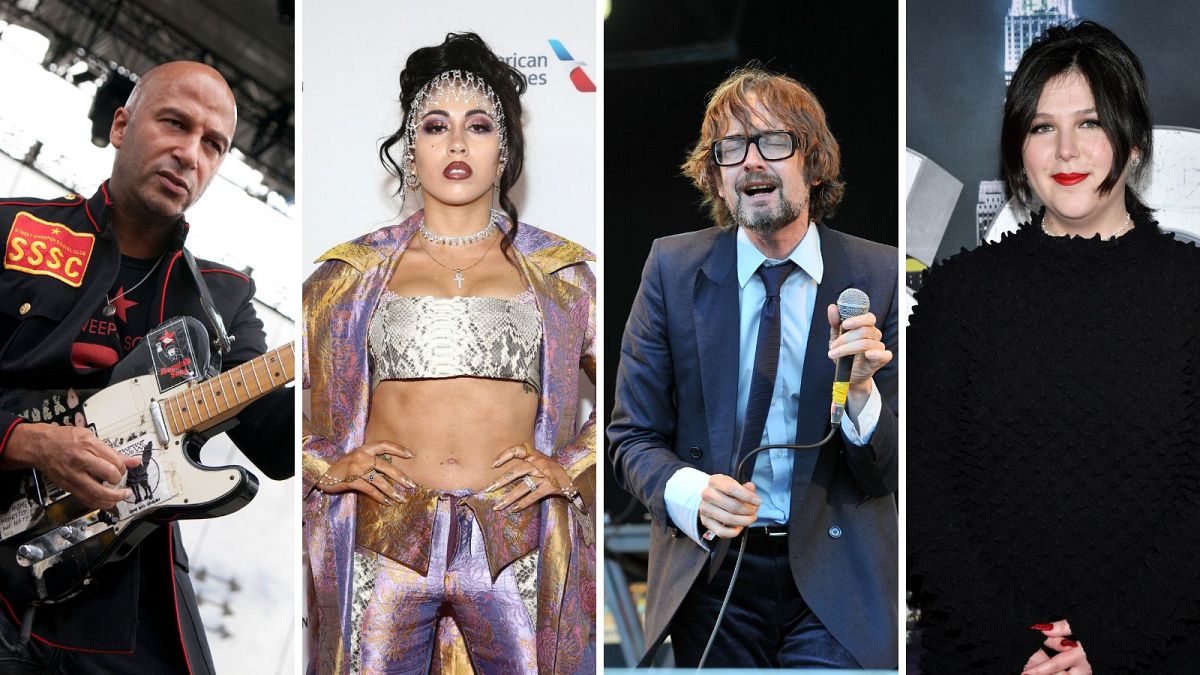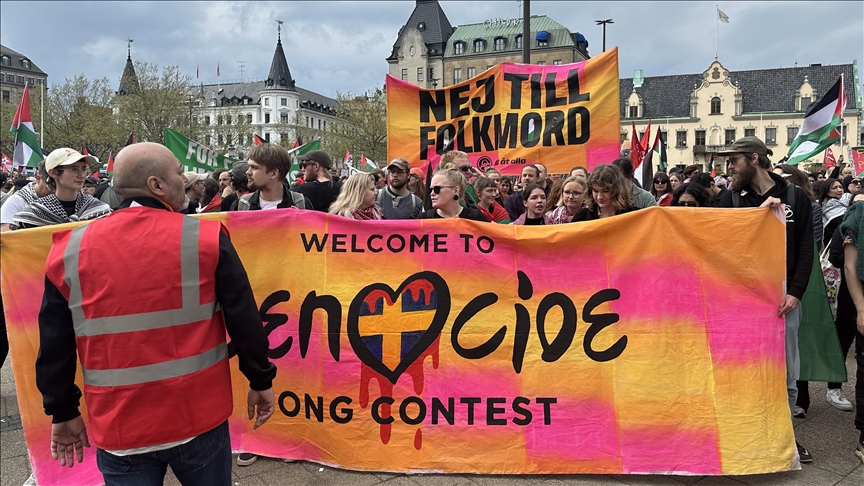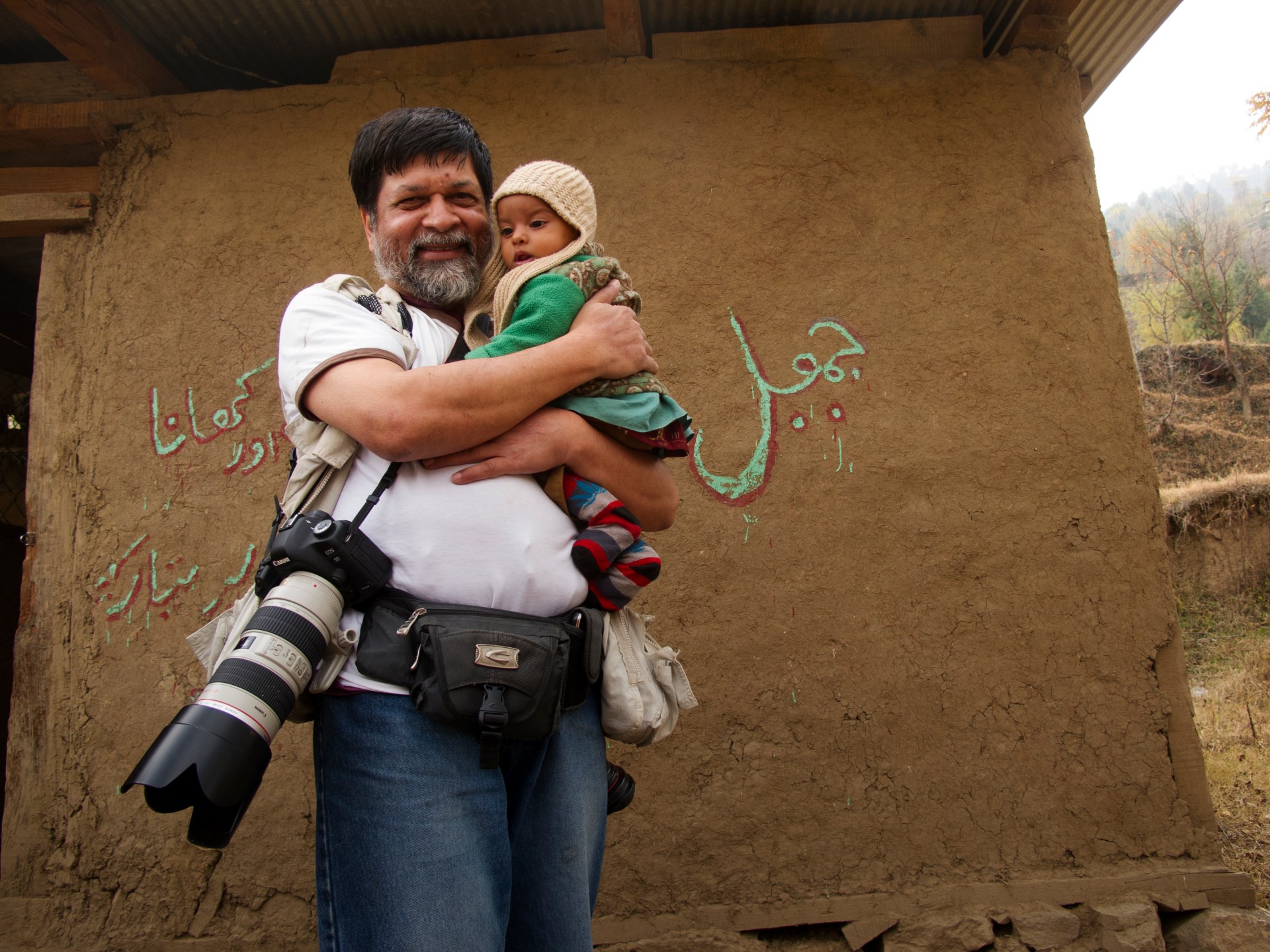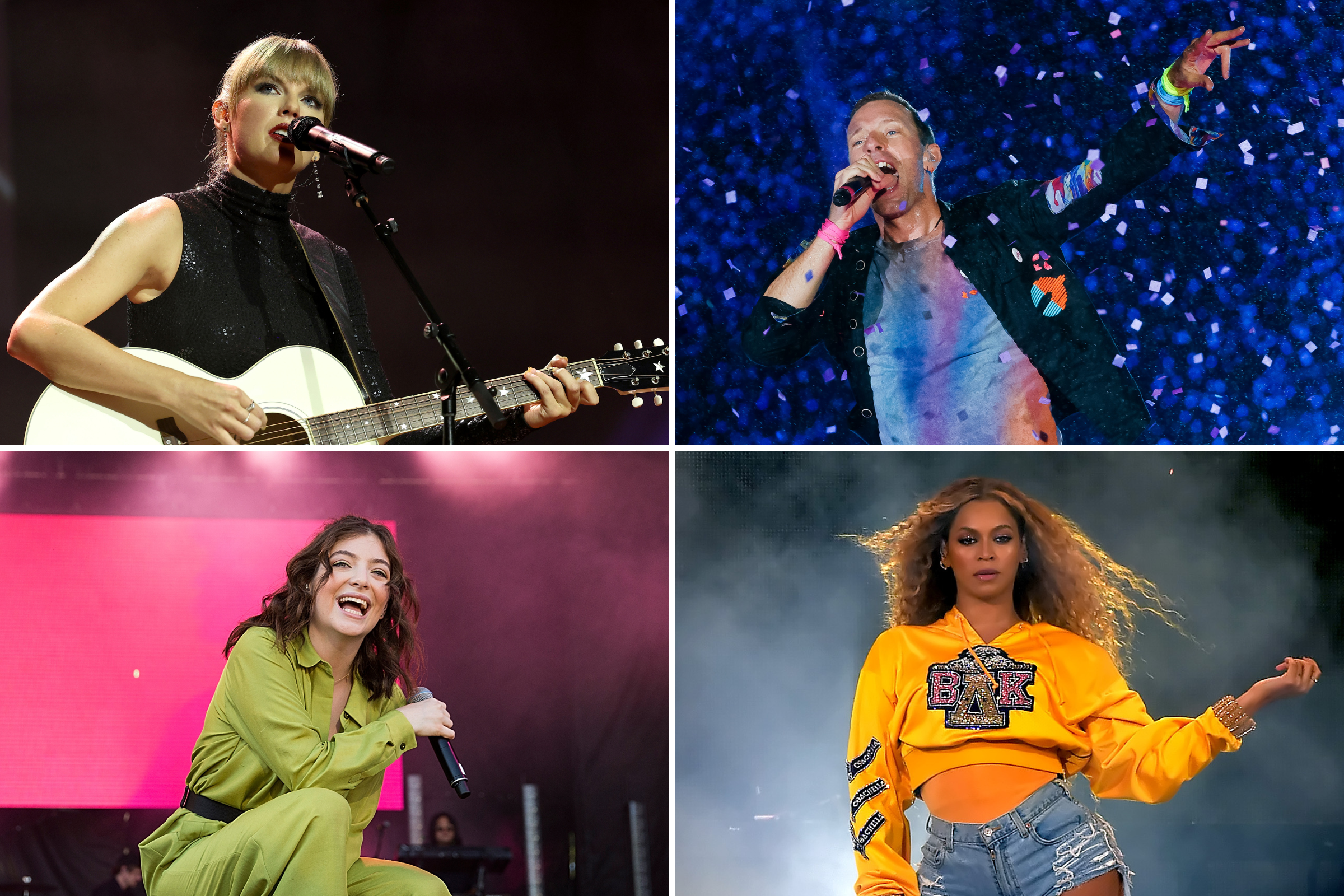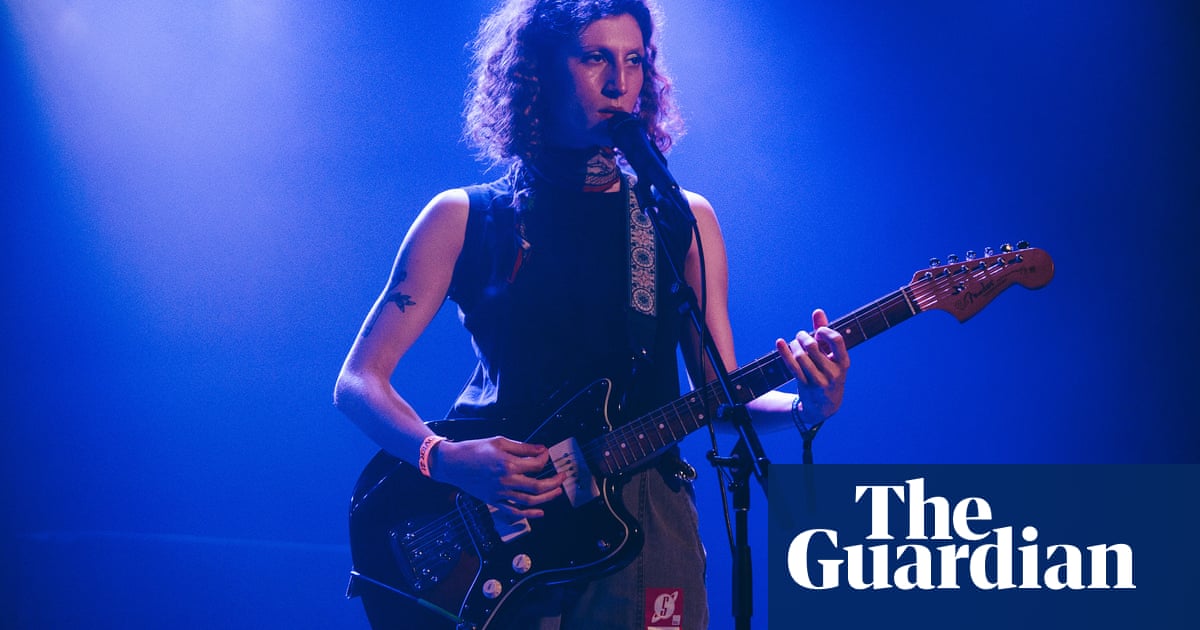Scores of international singers have expressed frustration as well as outrage at the violence in Gaza. Many of them are being canceled by followers. Others who had not previously spoken about the issue were unfollowed, causing some such as Taylor Swift to begin addressing it (if only in passing).
One of the most prominent rap artists, Macklemore, has addressed the violence in Gaza head-on, and even written songs about it. He consistently shares content about Gaza and about the violence against Palestinians.
Macklemore’s initial protest song was called Hind’s Hall. Hind was a six-year-old Palestinian girl who was killed dramatically by Israeli forces in Gaza. The powerful song also supports American students on US campuses who have demonstrated for Palestine. [Source: link]
He recently released Hind’s Hall 2, elucidating further the genocide in Gaza by depicting powerfully the pain the Palestinian people experience and want the world to understand. Macklemore is one of very few Western artists who have highlighted the genocide.
Macklemore consistently uses his platform during concerts to advocate for Gaza, raising awareness about the ongoing crisis. He emphasizes the power of individual action, encouraging his audience to recognize that even small efforts can lead to meaningful change.
Recently, he posted pictures of his daughter showing support for Palestine. He wrote, “Sloane’s first day of school shoes and a letter she wrote to the U.S Government. Proud dad moment”
Macklomore supports not only Palestine, but also other countries and peoples around the globe that face conflict and oppression.
Such as Sudan, after he learned that the UAE weaponizes the Rapid Support Forces (RSF) there. Macklemore canceled his concert in the United Arab Emirates because that country sends weapons to the Rapid Support Forces (RSF) in Sudan, which has caused immense violence and suffering in the RSF’s fight against the Sudanese army.
No followers, no money: some international singers advocate for Gaza only after losing followers.
A few months ago, people on Instagram began a blocking campaign against stars who did not speak up for Palestine. Many singers, some of whom live on the fame of social media, lost followers. Most notable was Taylor Swift. After losing many followers, she started posting in support of Gaza, spawning “Swifties for Gaza”.
Kim Kardashian and Selena Gomez together lost more than 100,000 followers. (Kardashian earns millions of dollars annually from her Instagram posts.)
Arab artists and entrepreneurs advocating for Gaza
At the beginning of the conflict, 25 young eminent Arab singers across the Middle East made a song called “Rajieen”, which means “We are returning.” The song highlights the cruelty against the Palestinians, their suffering for the past 75+ years (and especially in this war), Western double standards (such as the response for Ukraine compared to Gaza), and that Arab leaders are not doing anything to help them.
In addition to the advocacy of singers, Middle Eastern and Arab American entrepreneurs, such as Huda Kattan, have shown their support for Gaza. Kattan donated a million dollars to Gaza, prompting many Israeli customers to boycott her — to which she replied, “I don’t want blood money.”
Huda Kattan does not speak that way in promoting her products. But in one of her interviews, she spoke clearly about her support for Palestine, and that she feels enormous emotion towards what is happening to Palestinians.
Celebrities on social media are not the only ones facing related challenges. Algorithms on social media often delete or censor users who support Palestinians or content related to the situation. As people became aware of this, they began using some simple tricks to get around the censorship. For instance, writing “G&za” instead of “Gaza.” Some social media platforms failed to even allow users to share a differing perspective on the genocide being committed.
Efforts to control the narrative
According to Human Rights Watch: “Meta’s policies and practices have been silencing voices in support of Palestine and Palestinian human rights on Instagram and Facebook in a wave of heightened censorship of social media amid the hostilities between Israeli forces and Palestinian armed groups that began on October 7, 2023.”
Despite the outcry, Instagram has continued blocking content from Gaza and content related to the Israeli government’s human rights abuses toward Palestinians.
Social media can play a pivotal role in amplifying these voices, but it also serves as a tool for censorship by platforms when it comes to pro-Palestinian content.
It’s worth noting, however, that the Israeli government has significant public support in Israel for censorship of content that could raise awareness and sympathy for the suffering in Gaza. The Pew Research Center, which conducted research from March 3rd to April 4th, 2024, reported that “Israeli adults say certain groups of social media posts related to Israel’s war on Gaza should not be allowed, such as content that is graphic, incites violence or expresses sympathy for civilians in Gaza.” More than 50% of respondents want to censor posts that criticize the Israeli government’s actions in the war.
This support for censorship reflects a broader sentiment within Israeli society, where the conflict in Gaza is often seen through a security lens. That creates a reluctance to support unfiltered content that might challenge the government or even simply show the suffering of civilians in Gaza.
On the other hand, the Pew data also shows that 41% of Israelis are not in favor of such censorship of information, signaling a divide within the public on how much control there should be over the flow of information.
The growing number of international and Arab artists advocating for a ceasefire in Gaza highlights both the power and challenges of using fame for activism. While some artists, like Macklemore, have taken a strong public stance, others have spoken out only after facing pressure and losing followers. And others, of course, lose followers after they speak out.

